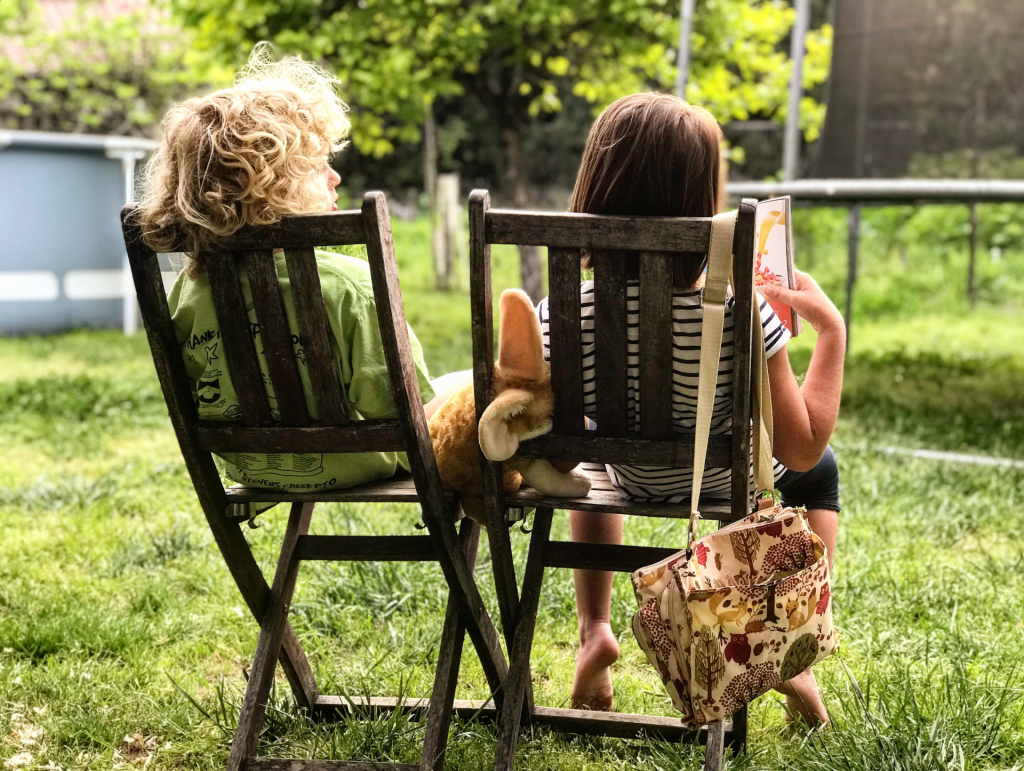

What is education otherwise than at school?
Although it seems an elitist concept, addressing only those who “can afford it”, EOTAS = Education Otherwise Than At School, has become an accessible alternative for a growing number of parents, especially those who work from home.
It seems that more and more people are choosing this option, not only because it allows them to be closer to their children, but also because it contributes directly and reciprocally to the growth and development of both children and parents.
There are many cases where a parent has the necessary skills and the willingness to become the mentor of his/her own child. Many small communities where parents take turns on various subjects have developed. Parents help each other out and contribute to the education of the children within their communities.
Comparing the expenditures on meditations in the public system with those in EOTAS, the advantage is clearly towards the latter. Not only the costs are smaller overall, but they are also invested in a healthy educational process, with a recognized purpose anywhere in the world – Cambridge IGCSE and AS / A certificates are valid everywhere.
Children can take Cambridge exams (IGCSE, AS / A) or SAT & GED to access higher education institutions. The recommended tests depend on the requirements of each faculty. Those who want to enrol in Romanian universities proceed like any student from abroad who requests the equivalence of studies. Two A-levels tests or SAT + GED test are equivalent to the Romanian baccalaureate. The equivalency details can be found on the CNRED website.
For both those who opt for holistic education and those who want education according to classical standards, Cluj Study Center offers training to take the IGCSE, A / AS tests. The latter are useful for enrolling in the most prestigious universities around the world.
These tests are not mandatory, though. Many universities are currently admitting students educated outside the industrial type school based only on an interview and the candidate’s portfolio.

For all these routes, the landmark is the UK curriculum, and parents and children are supported by educational platforms in several curricular areas.
The British system is based not on classes but on age levels.
There are no exam-failing students or dropouts. In a same-age group, we can meet children with very different levels, and we address each one individually, based on the child’s interests and availability.